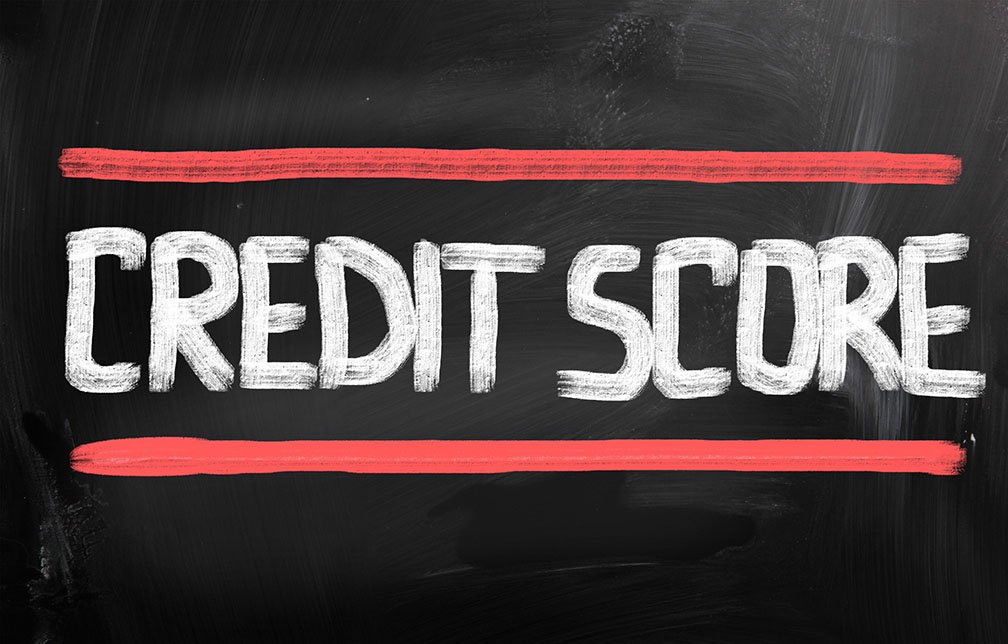What’s Ahead For Mortgage Rates This Week – June 12, 2023

Last week’s scheduled economic news included results from Fannie Mae’s National Housing Survey and weekly readings on mortgage rates and jobless claims.
Fannie Mae Survey Shows Lower Home Buyer Confidence in May
Fannie Mae reported lower home buyer confidence in housing market conditions in May. High home prices and rising mortgage rates challenged prospective home buyers while providing favorable conditions for sellers. 65 percent of consumers surveyed for Fannie Mae’s Home Purchase Sentiment Index believed that it was a good time to sell their homes as compared to 62 percent of consumers surveyed in April. This was the highest consumer sentiment reading posted for the Home Purchase Sentiment Index since July 2022.
Mr. Mark Palim, a Fannie Mae Vice President and Deputy Chief Economist said: “Consumers also indicated that they didn’t expect affordability constraints to improve in the near future.” 81 percent of renters surveyed believed that it would be difficult to get a mortgage today.
Mortgage Rates Fall, Jobless Claims Rise
Freddie Mac reported lower mortgage rates last week after three consecutive weeks of rising rates. The average rate for 30-year fixed-rate mortgages fell by eight basis points to 6.71 percent. Rates for 15-year fixed-rate mortgages averaged 6.07 percent and 11 basis points lower.
Jobless claims rose with 261,000 initial jobless claims filed as compared to the expected reading of 236,000 first-time claims filed and the previous week’s reading of 233,000 filings.
What’s Ahead
This week’s scheduled economic news includes The Fed’s Federal Open Market Committee Statement and Fed Chair Jerome Powell’s scheduled press conference. The University of Michigan will release its monthly reading on consumer sentiment and weekly readings on mortgage rates and first-time jobless claims will also be released.
 Obtaining a pre-approval for a mortgage is an important step when you’re planning to buy a home. It gives you an idea of how much you can afford, helps streamline the home-buying process, and strengthens your position as a serious buyer. However, many people worry that the pre-approval process might negatively impact their credit score. In this blog post, we’ll dive into the details to determine whether or not a pre-approval for a mortgage will hurt your credit.
Obtaining a pre-approval for a mortgage is an important step when you’re planning to buy a home. It gives you an idea of how much you can afford, helps streamline the home-buying process, and strengthens your position as a serious buyer. However, many people worry that the pre-approval process might negatively impact their credit score. In this blog post, we’ll dive into the details to determine whether or not a pre-approval for a mortgage will hurt your credit. One of the stresses of moving to a new area is giving up the familiarity that you have with your old neighbors and starting from scratch. Whether you’ve just moved to a different locale or you’re planning to relocate in the near future, there are some easy ways that you can make a home of your new neighborhood right from the start.
One of the stresses of moving to a new area is giving up the familiarity that you have with your old neighbors and starting from scratch. Whether you’ve just moved to a different locale or you’re planning to relocate in the near future, there are some easy ways that you can make a home of your new neighborhood right from the start.